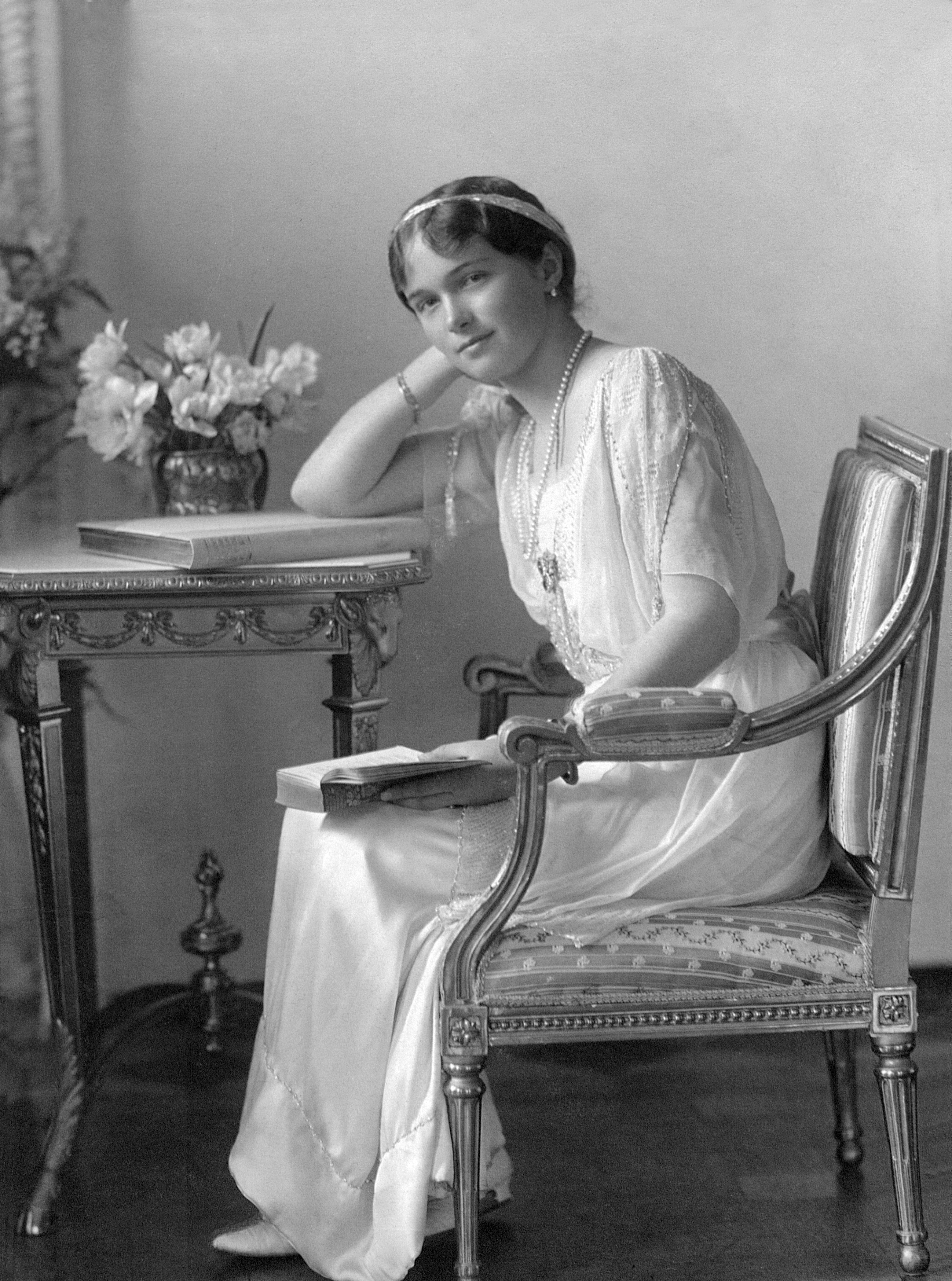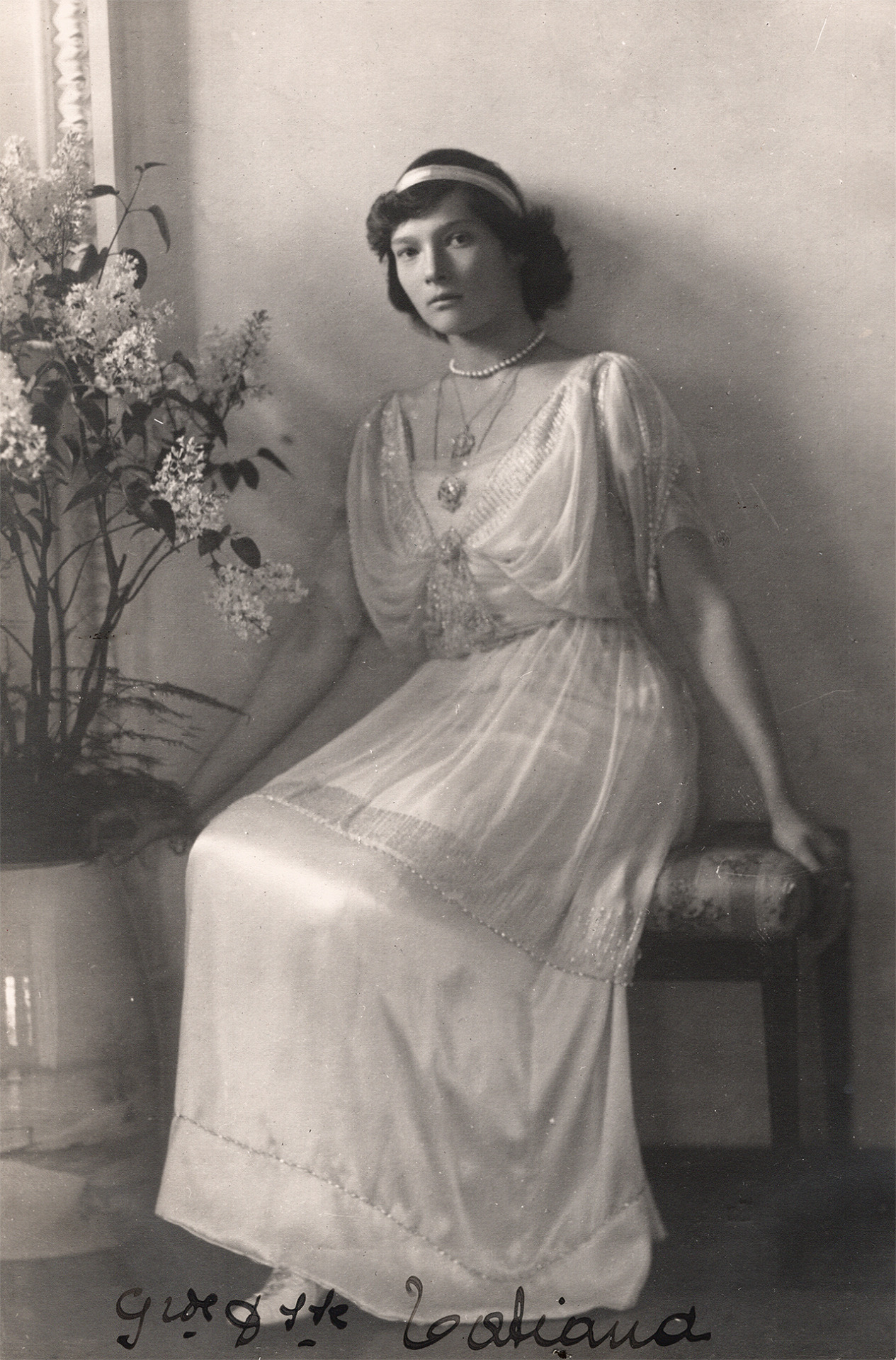Today is the anniversary of the tragic and untimely death of Albert I, King of the Belgians. According to official documents, a chance slip from a craggy precipice at Marche-les-Dames, during a solitary rock-climbing excursion on the afternoon of February 17, 1934, cut short the life of this beloved monarch, at the age of 58. In the depths of the night, after hours of desperate search, his weeping attendants found him by the light of torches, spread-eagled at the foot of the Cliff of the Gentle God of Pity, soaked in his blood, his skull fractured. By a cruel coincidence, the Sovereign who had led independent Belgium to her centenary, four years earlier, had died only ten months before celebrating his Silver Jubilee.
Grief, shock and disbelief swept through the Royal Family, the country, and, indeed, the world. Widely loved and admired for his heroism during World War I, and graced with a modest, affable personality, Albert was deeply mourned far beyond the frontiers of his realm. Meanwhile, throughout Flanders and Wallonia, as in 1914, the carillons tolled out the tocsin. In Brussels, amidst the moving and imposing funeral ceremonies, the people, braving pouring rain and icy fog, filed past silently to pay their last respects to their dead King, lying in state in a candle-lit chapel of flowers in the Royal Palace."The top of the head was heavily bandaged," wrote the British ambassador, George Clerk, "but the features were extraordinarily composed and peaceful, and death had removed the traces of many years".
On February 22, as the funeral cortège made its way from the palace to the Cathedral of St. Gudule to the Church of Our Lady of Laeken, vast, sombre crowds lined the route. Thousands knelt and prayed as the gun-carriage, bearing the King's coffin, passed by. "Au revoir, Albert," one old man was heard to whisper. After the Requiem Mass, celebrated by Cardinal van Roey, Archbishop of Malines, in the black-draped cathedral, Albert's body was conducted to the Church of Our Lady of Laeken, where the final Benediction took place. Then, to the strains of funeral music and the booming of artillery, the third King of the Belgians was laid to rest in the Royal Crypt.
In a sermon to commemorate the Belgian dead of World War I, and the veterans who had passed away since the return of peace, the saintly Abbot of Orval, Dom Marie Albert van der Cruyssen, himself a war hero, and an intimate of King Albert, rendered a beautiful tribute to the deceased monarch:





















